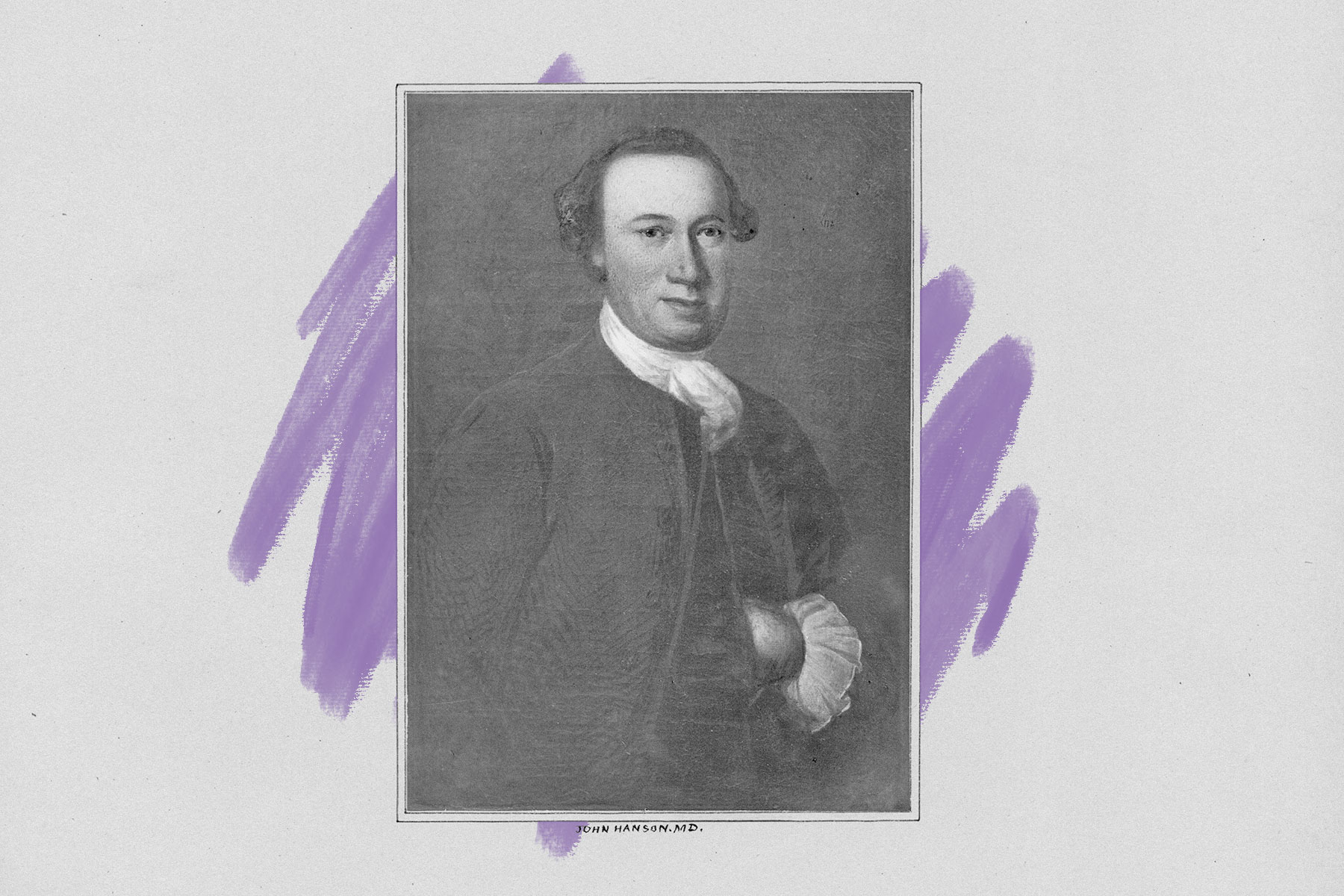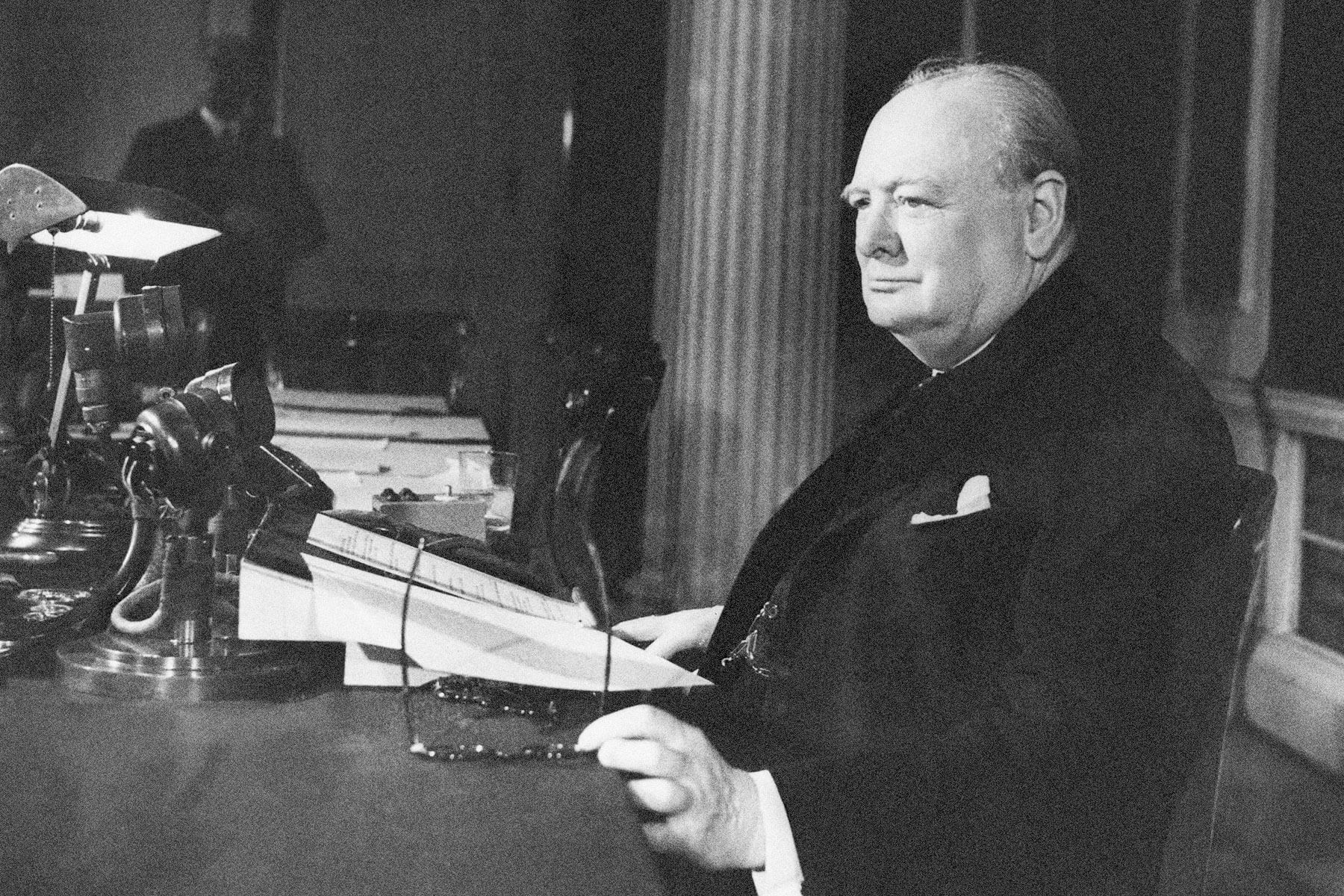America had a president before George Washington
Thursday, March 28, 2024
Though George Washington is indisputably the first President of the United States, he technically wasn't the first person in the federal government with the title of "president." |
| |
| |
|
 |
|
| T hough George Washington is indisputably the first President of the United States, he technically wasn't the first person in the federal government with the title of "president." Washington was elected under the government formed by the ratification of the U.S. Constitution in 1788 — he even won the vote unanimously — but the Constitution wasn't the only government-forming document in the nation's history. Ratified in 1781, the Articles of Confederation — the United States' first constitution — formed what's known as the Confederation Congress, and this governing body was led by a president who held a one-year term. |
|
|
| The Confederation Congress was an extension of the Continental Congress that had existed in different forms since 1774, and was renamed after the Articles of Confederation took effect on March 1, 1781. Samuel Huntington of Connecticut was serving as the president of the Continental Congress at the time, and became the first president of the new government. He resigned that July, however, and was succeeded by Thomas McKean of Delaware; McKean himself was replaced when the first new delegates to Congress were chosen on November 5, 1781. They elected John Hanson, the delegate from Maryland, as the new leader, and he was the first to serve the full year-long term in the role. Each of these men held the title of "president," but they didn't possess the powers of the position that would eventually be enumerated under the U.S. Constitution. And though they presided over some of the most consequential years in the nation's history, their contributions were soon eclipsed by Washington's inauguration in 1789. |
|
| Continue Reading |
|
|
 |
|
By the Numbers |
|
| Terms George Washington served as President | | | 2 |
| | | Essays in the Federalist Papers, arguing for the adoption of the U.S. Constitution | | | 85 |
| | | Essays in the Federalist Papers, arguing for the adoption of the U.S. Constitution | | | 85 |
|
|
|
| Articles (or sections) in the Articles of Confederation | | | 13 |
| | | Year the Continental Congress adopted the Articles of Confederation | | | 1777 |
| | | Year the Continental Congress adopted the Articles of Confederation | | | 1777 |
|
|
|
 |
|
 | | Did you know? |
|
|
General Washington lost more military battles than he won. |
|
| Many Americans see George Washington as an almost mythical figure — a military genius who led a ragtag army against the world's most powerful military and won. But the famed general actually lost more battles than he won: Of the 17 battles that Washington fought during the Revolutionary War, the Americans won six, the British won seven, and four were considered a draw. Still, the general's long-term vision eventually proved the famous wartime truism of "losing the battle, but winning the war." His true talent was his ability to accurately survey a battlefield, pressing every advantage while also knowing when to retreat to fight another day. This strategy didn't make him popular — a cabal even tried to remove him from the top spot — but it did prove to be effective, leading the Continental Army to victory over Great Britain. |
|


posted by June Lesley at 4:01 AM










![]()
![]()






0 Comments:
Post a Comment
<< Home